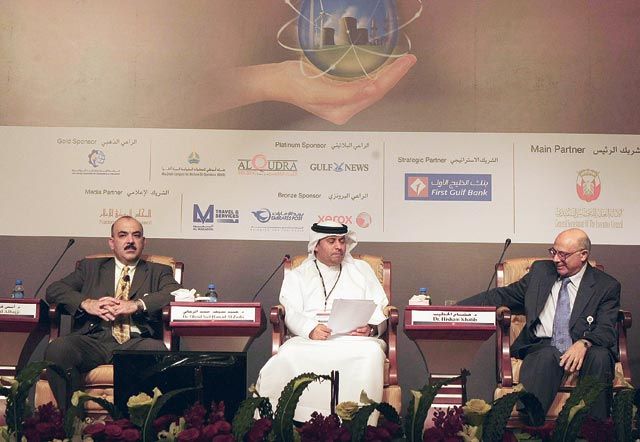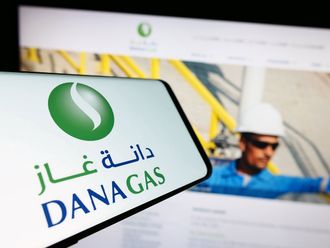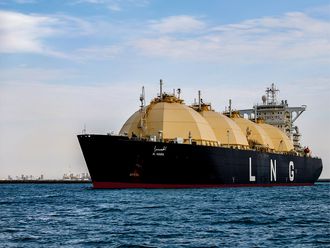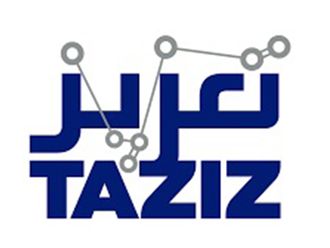Abu Dhabi: The UAE will play a pivotal role in sustainable energy projects, spearheading efforts in the Gulf to contribute to the global advancement towards a less carbon-dependent world, a top official told a regional energy security conference on Monday.
"We are the first country in the Gulf which undertook a leading commitment in producing renewable energy. Our Capital Abu Dhabi setting a goal of 7 per cent of the country's power to come from renewable energy by 2020," said Shaikh Abdullah Bin Zayed Nahyan, the Foreign Minister, in his opening speech at ‘The Energy Security in the Gulf — Challenges and Prospects' the conference organised by the Emirates Centre for Strategic Studies.
Shaikh Abudullah added in his speech read out by Dr Anwar Mohammad Gargash, Minister of State for Foreign Affairs, nuclear power would help the country meet soaring power demand, which is expected to double to 40,000 megawatts by 2020.
"The UAE's hosting of the International Renewable Energy Agency (Irena) stands as the best evidence that the country will honour its international obligations to help the world prepare for the post-oil era.
Shaikh Abdullah outlined the UAE's major renewable energy initiatives.
"Masdar, which is being built now, will be the first carbon-neutral, waste-free city in the world which will be fully powered by renewable energy. It will be the biggest ambitious project in the world in sustainable development and will be a platform to experience clean technologies. Another initiative which integrates with an oil-dependent economy is Abu Dhabi capture and storage network, which will make our use of fossil fuel more sustainable," Shaikh Abdullah said.
Shaikh Abdullah said the UAE needs a diversified power production portfolio to remain safe, stressing nuclear energy is "best able" to meet future power demand in the UAE.
Sustainable energy
"Nuclear power will be the best able to meet these needs. It will also save hydrocarbons for the global markets, reduce emissions and meet requirements of sustainable environment," Shaikh Abdullah said, stressing the UAE's peaceful nuclear energy programme will be a model for the best practices to be emulated by countries in the region and elsewhere.
Shaikh Abdullah said the UAE's commitments to sustainable energy is a complicated challenge that prompts contributions by stakeholders in the private and public sectors. "Our Government needs to make the appropriate institutional and organisational structure for this model transformation and the private sector's role to attract expertise is a major factor to make our efforts successful.
Shaikh Abdullah also stressed that only joint global efforts can achieve sustainable development for our future generations, stressing that climate change is already happening and represents one of the greatest environmental, social and economic threats facing the planet.













